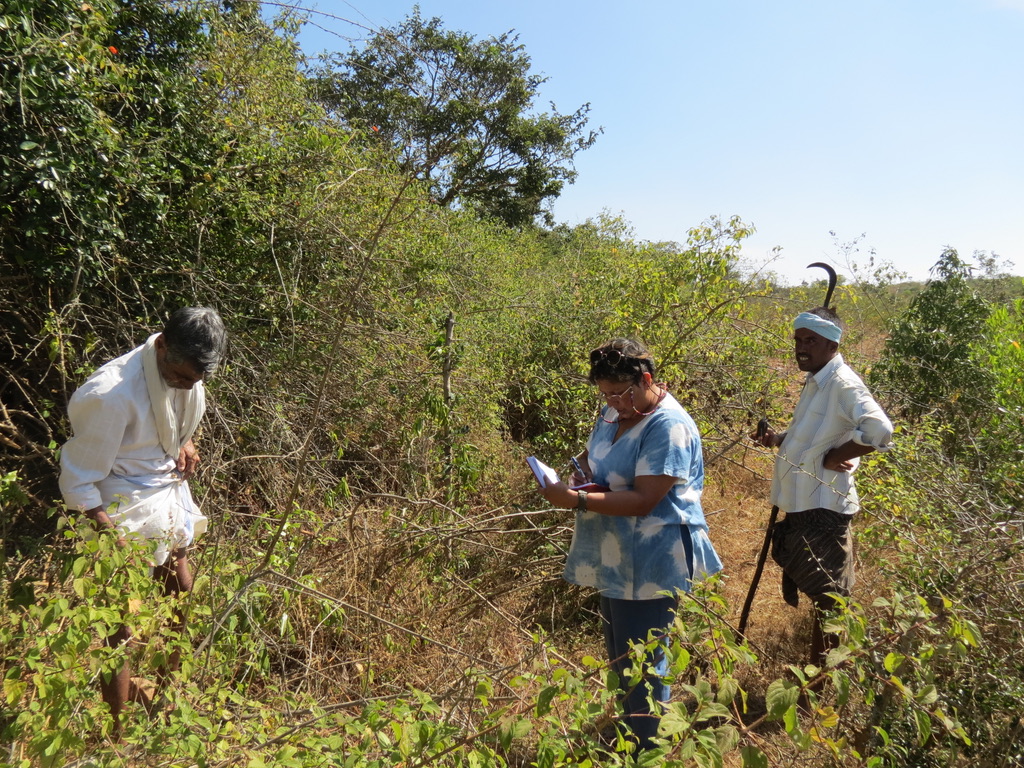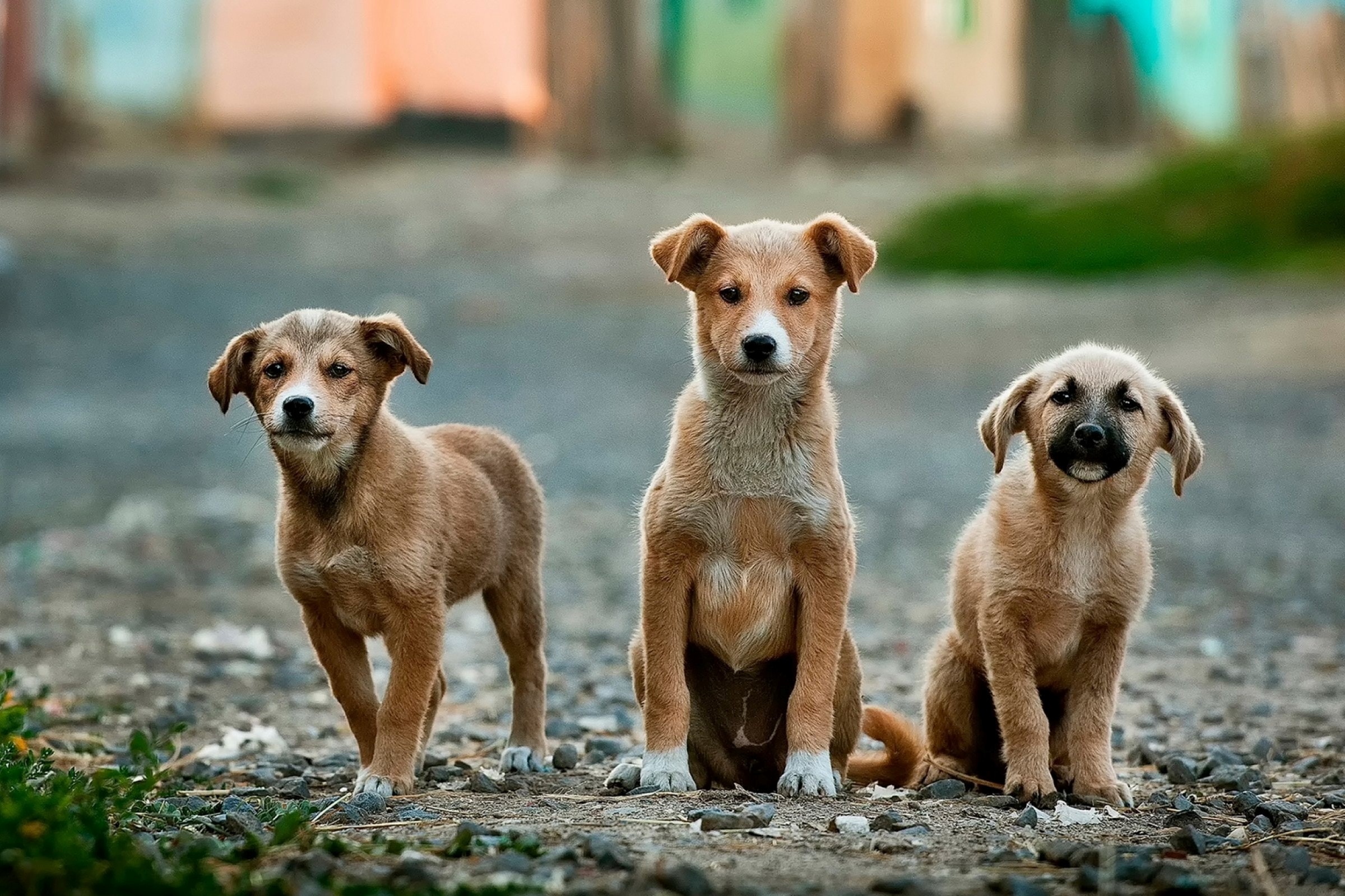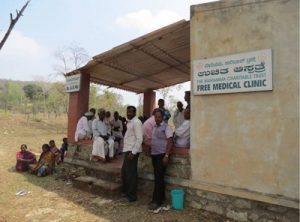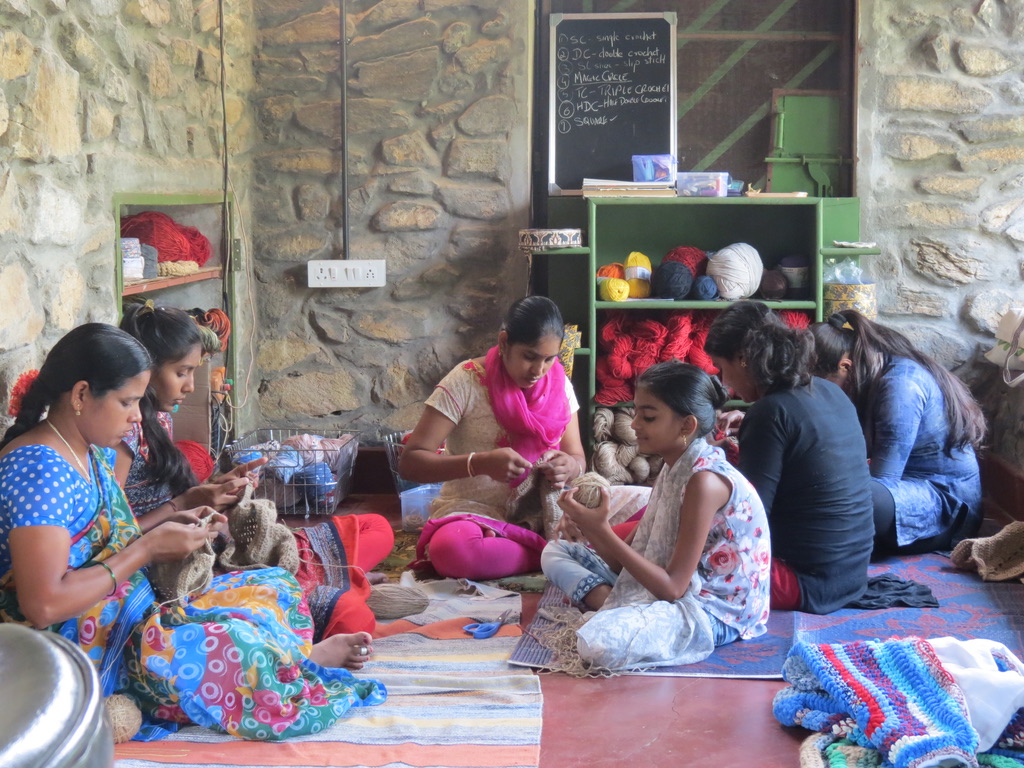About Compensation Scheme


COMPENSATION SCHEME
The Mariamma Charitable Trust is committed to reducing conflict between humans and wildlife. It compensates livestock losses, vastly reducing occurrences of carcass poisoning as villagers retaliate against predators to ensure their own survival. MCT’s direct compensation guarantees the well-being of wildlife while also supporting the community that faces devastating losses. This practice has been highly effective, with on-ground data showing a dramatic 99.9% success rate since the scheme’s inception.
DIRECT BENEFITS
Our cattle kill compensation scheme aims at mitigating human-wildlife conflict, particularly in cases where predators kill livestock. Key benefits are:
1. Immediate Financial Compensation: By providing financial help to livestock owners who suffer losses due to predator attacks, the scheme alleviates the immediate economic burden on these individuals. This support can help owners recover from their losses and reduce the potential for retaliatory killings of wildlife.
2. Reducing Frustration and Anger: Acknowledging the loss and providing compensation can help to address the emotional distress that owners experience after losing their livestock.
Skilled evaluators visit the area and begin the crucial role of verifying and documenting claims. They collect evidence such as teeth marks, scratch marks, GPS locations, and sometimes even direct sightings. Photographing the scene helps impede retaliatory killings by creating accountability and raising awareness in the community about the importance of wildlife protection.
3. Promoting Human-Wildlife Harmony: By fostering coexistence through programs like these, the MCT promotes the harmony and sustainability of our interdependent ecosystems. Every predator and farmer the MCT supports brings us closer to a world in which both can thrive.
Compensated for livestock

Location: Mariamma Temple Road, Mangala village – 571 126 Gundlupet Taluk, Chamrajnager District, Karnataka
Phone: +91 9449808796
Email: sdhairyam@gmail.com



